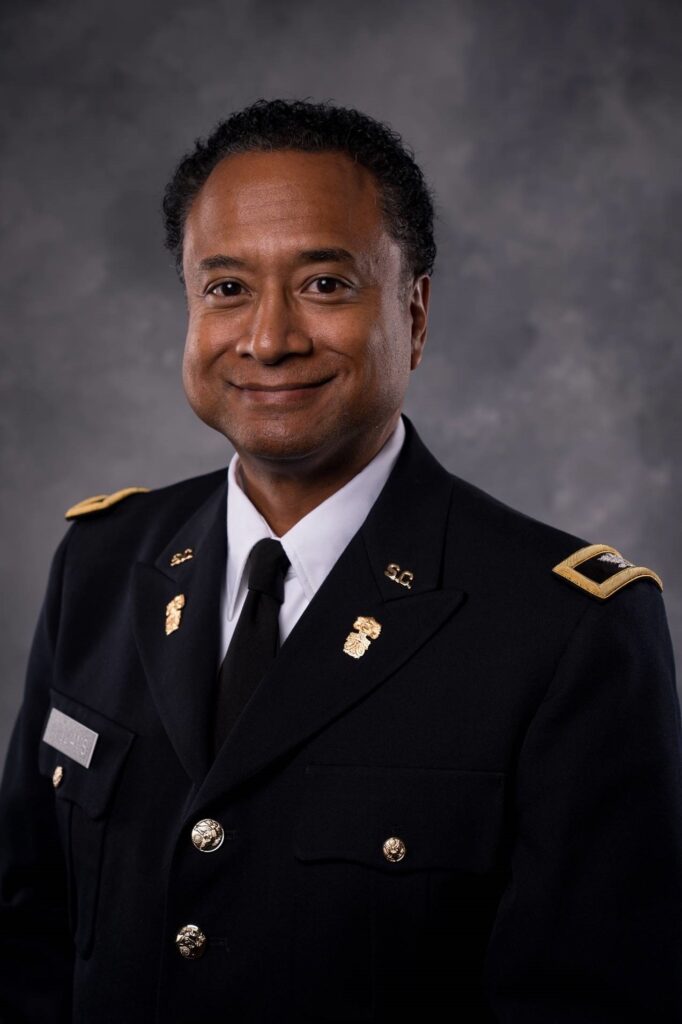Andrew B. Williams, Ph.D., is appointed as the Dean of the School of Engineering.
Whether you are a prospective or current cadet, evening, veteran, active duty, community college transfer or first-generation student we invite you to explore how we are aiming to educate the next generation of innovative engineers that impact the world through principled leadership. The National Academy of Engineering has outlined key grand challenges that include cross-cutting areas that our educational programs in The Citadel School of Engineering will focus on including intelligent infrastructure, sustainable and affordable energy, artificial intelligence, designing autonomous systems and smart transportation.

We incorporate The Citadel’s core values of honor, duty, and respect by building our reputation of engineering education excellence, modeling responsibility for student centered success and giving mutual respect to all students. We embrace Our Mighty Citadel strategic plan with our own priorities for our top 20 undergraduate engineering program (up to a masters) as ranked by U.S. News and World Report.
We are excited to share about our new 5-year Strategic Plan. Here’s our one-page overview of the Strategic Plan, and here’s the entire Strategic Plan.
These strategic priorities include:
- Infrastructure for growth, both virtually and physically with a prospective new engineering building
- Innovation throughout the curriculum and co-curriculum including the incorporation of AI, entrepreneurial mindset, and design thinking into our teaching
- Interdisciplinary collaboration across departments, schools, and industries
- Impact and outreach to embrace the recruitment and retention of students from a broad array of backgrounds, from our local, state, national and global communities.
We also aim to become a premier School of Engineering for AI education and have already begun with our participation in the first collegiate AI DeepRacer league sponsored by AWS, by involving our students in designing electrical vehicle transport construction, partnering with companies to prototype Alexa skills to promote impact for their businesses, and teaming with other universities and industry to design AI inspired biomedical devices. Our faculty are actively training and integrating generative AI for learning and teaching. We are revamping our new computer engineering program to include artificial intelligence, machine learning and humanoid robotics. If any of these priorities and activities excite you, please join us as we educate the next generation of innovative engineers that impact the world through principled leadership.
